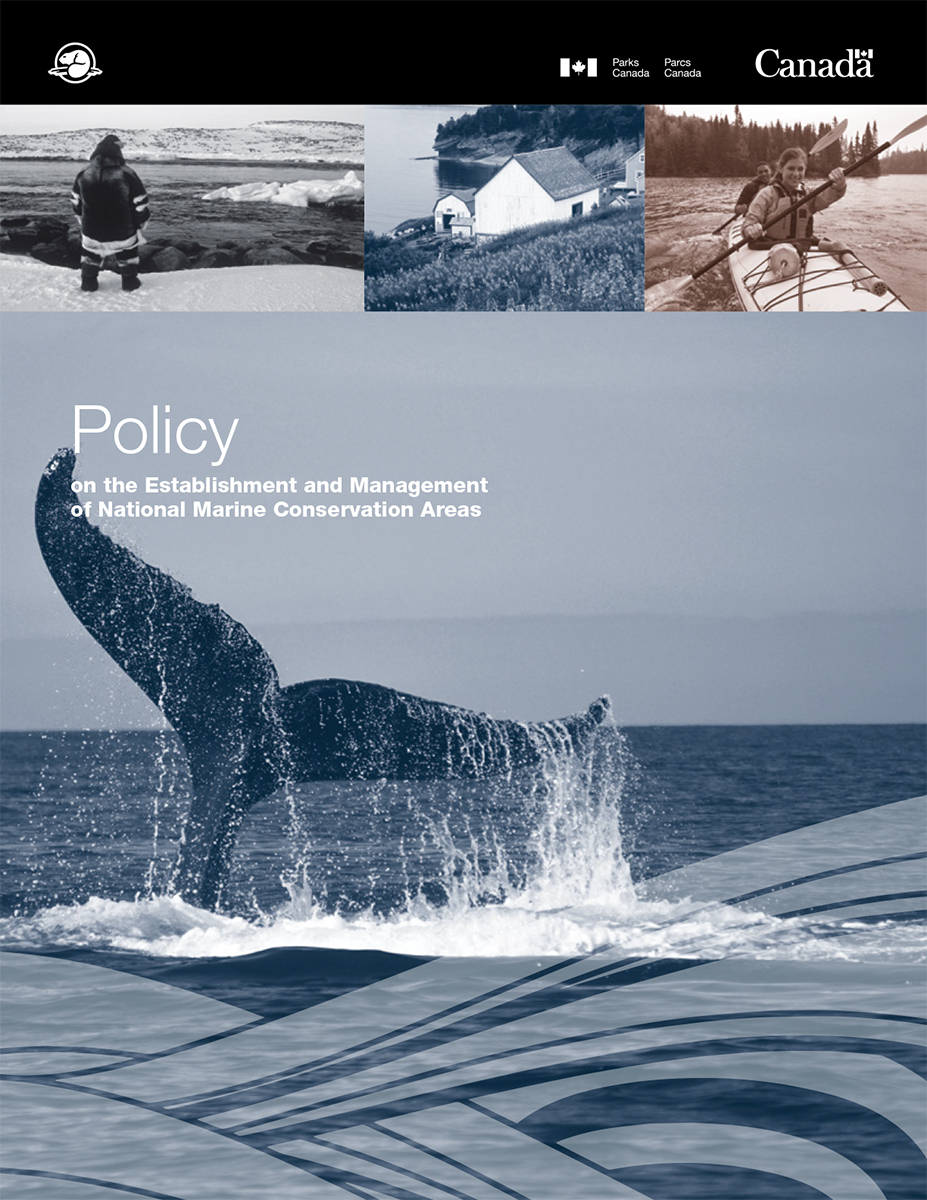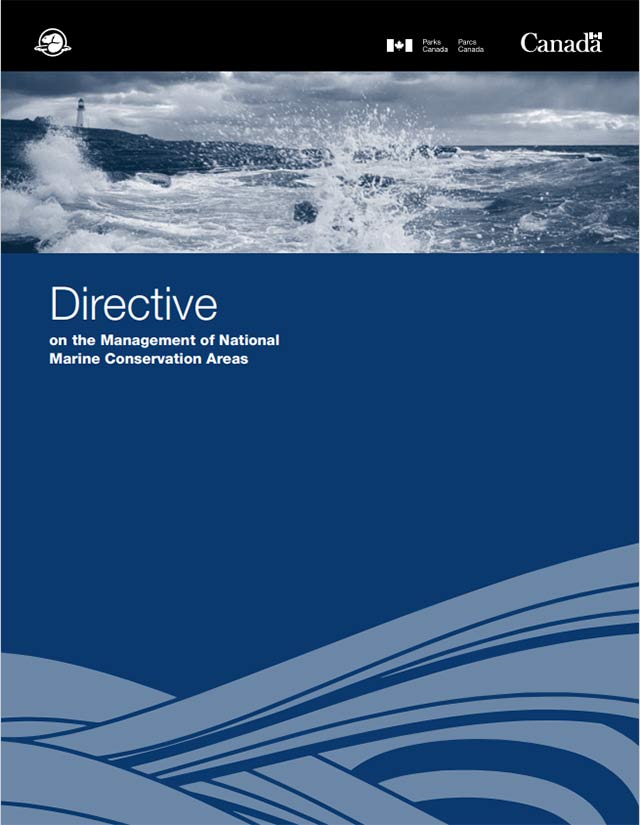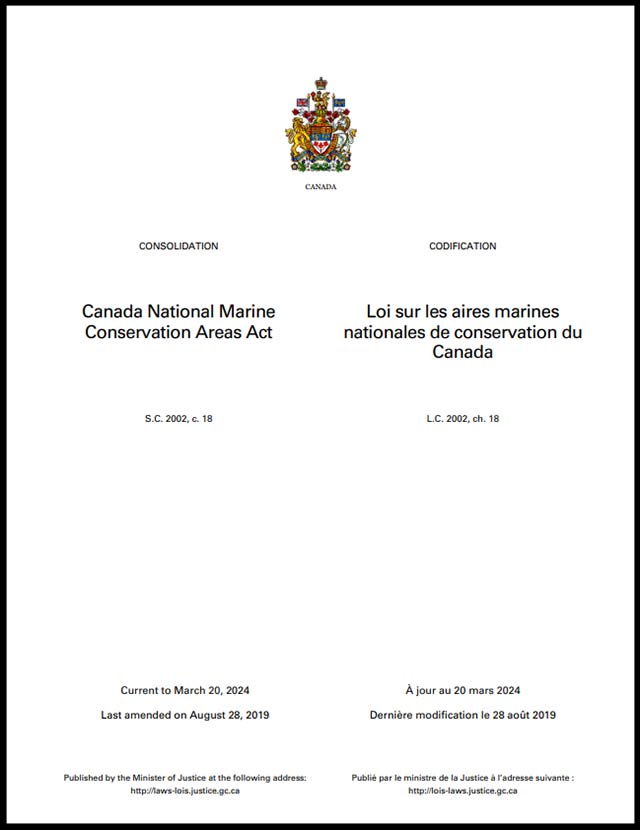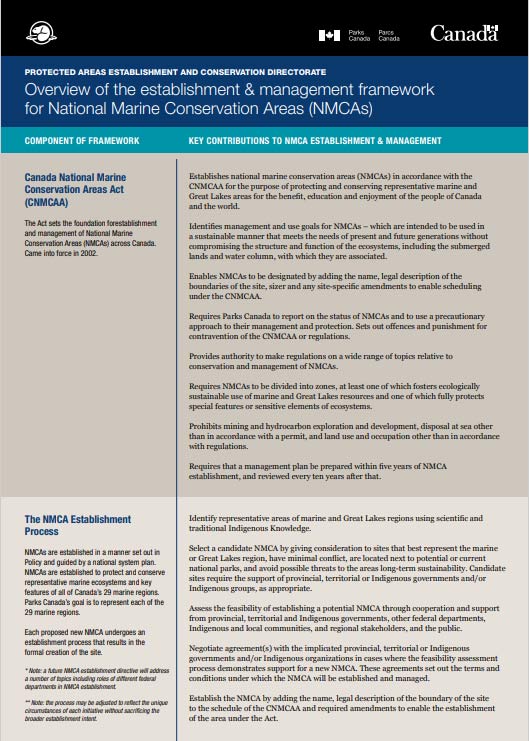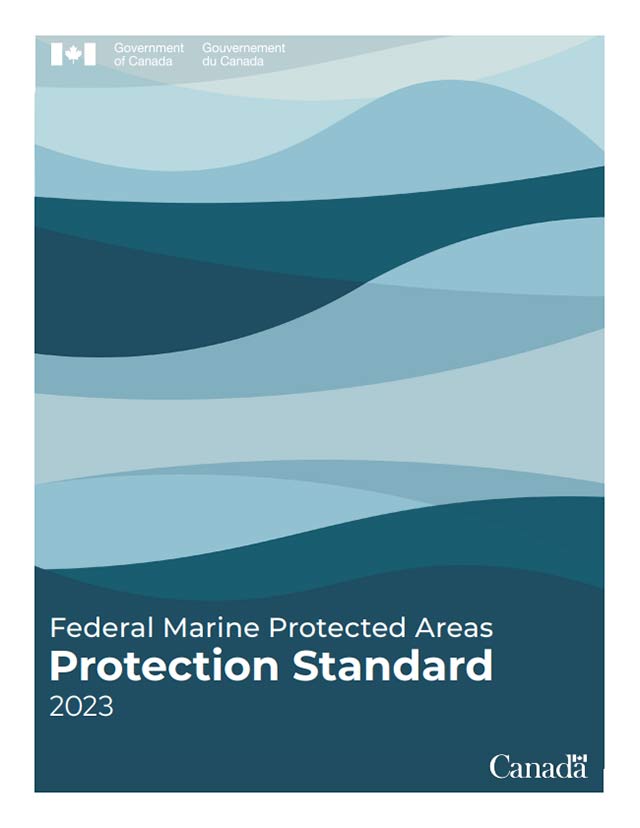
Managing national marine conservation areas
On this page
National marine conservation areas policy
In February 2023, Parks Canada launched a new policy to guide the establishment and management of National Marine Conservation Areas (NMCAs). The policy describes eight interconnected management goals for the NMCA program and sets the direction for all current and future NMCAs. These goals reflect the Government of Canada commitments to building renewed relationships with Indigenous peoples and protecting biodiversity and the reciprocal relationships between people and nature. This new policy is timely, as Canada is committed to protecting 30 per cent of land and waters by 2030, that is, Target 3 of the Kunming-Montreal Global Biodiversity Framework. The policy will strengthen Canada’s contribution to the qualitative elements of this target, setting out how NMCAs can be effectively and equitably managed.
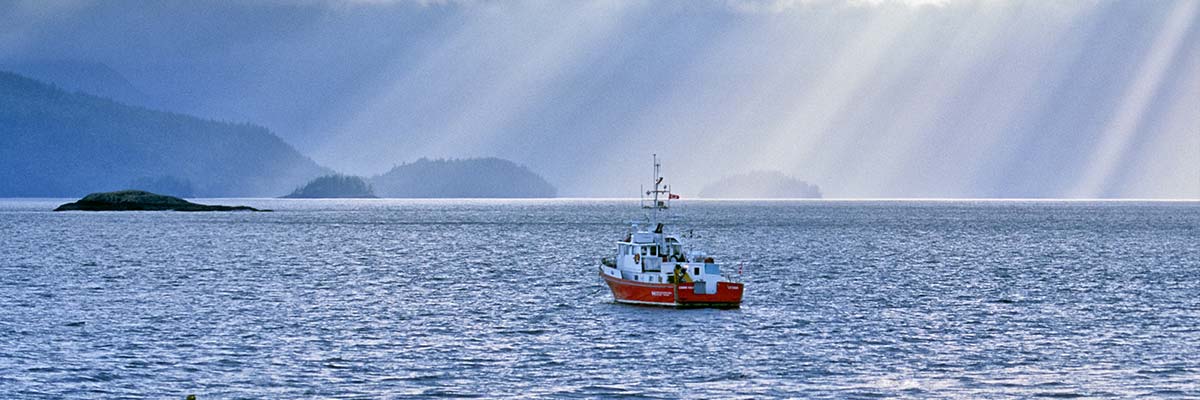
Location : British Columbia
Photo: C. Cheadle
The policy
- Outlines overarching guiding principles and national requirements for NMCA establishment and management
- Recognizes Indigenous leadership and supports opportunities to work with Indigenous laws, knowledge and governance systems
- Celebrates and honours the connection that Indigenous peoples and coastal communities have with their marine environment
- Provides the flexibility required to respond to local circumstances and priorities
- Describes the roles of other government and co-management bodies
Management goals
The new policy and directive are founded on the following 8 interconnected, mutually reinforcing management goals that set direction for NMCA success. Protecting marine ecosystems and biodiversity is of primary importance.
Goal 1: Protect marine ecosystems and biodiversity to maintain or improve ecological sustainability
Goal 2: Conserve cultural heritage
Goal 3: Manage use in an ecologically sustainable manner
Goal 4: Support Indigenous leadership in marine conservation
Goal 5: Contribute to the well-being of Indigenous peoples and coastal communities
Goal 6: Facilitate opportunities for meaningful visitor experience
Goal 7: Enhance awareness and understanding of NMCAs
Goal 8: Advance effective collaboration for management
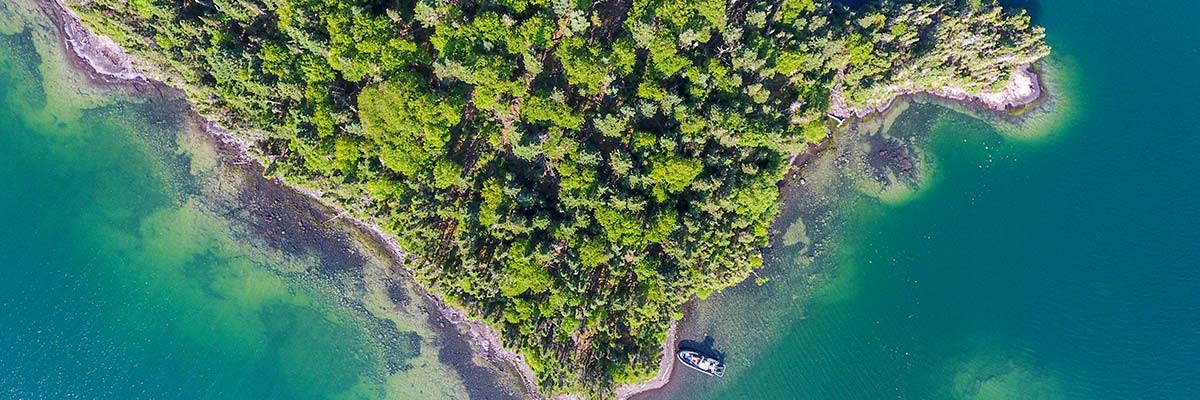
Location : Ontario
Photo: Anthony Schirru, Parks Canada
Supporting Documents
National marine conservation area regulations
Parks Canada is developing general regulations under the Canada National Marine Conservation Areas Act (the Act) to support the management of NMCAs. General regulations are nationally consistent and enforceable tools that will apply to all NMCAs established under the Act from coast to coast to coast and including the Great Lakes.
Activities and uses that occur in NMCAs require active management to ensure that ecosystems and cultural, historical, and archaeological resources are protected for future generations. Regulations will help ensure that activities and uses occurring within NMCAs are conducted in a manner that is ecologically sustainable. They will also help Parks Canada carry out the decisions of management boards for these areas and will provide clarity and transparency to partners and stakeholders exploring the feasibility of establishing NMCAs.
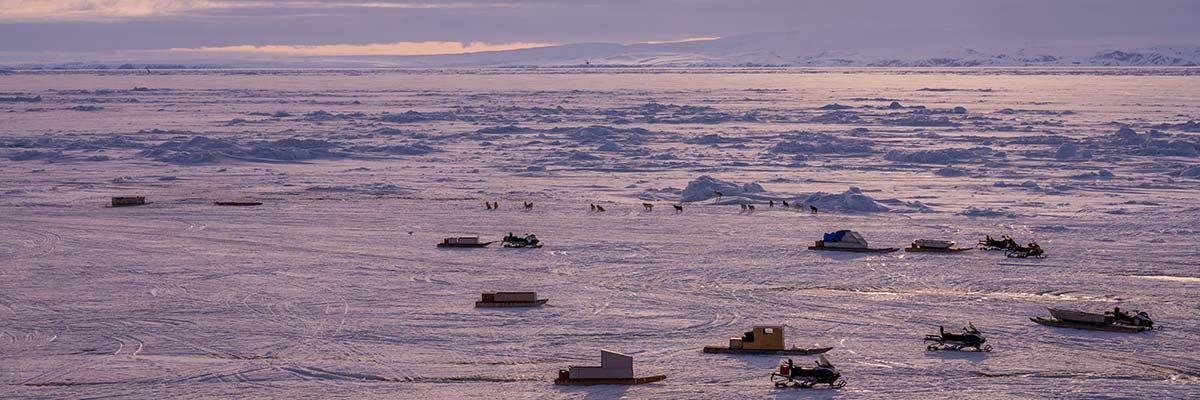
Location : Nunavut
Photo: Parks Canada
Topics covered in the regulatory proposal
The proposed regulations would cover the following themes:
- Protection of natural and cultural heritage
- Land use and occupation
- Commercial activities related to tourism and visitation, filming, research, and special events
- Visitor activities and public conduct
- Zoning and other area-based management measures
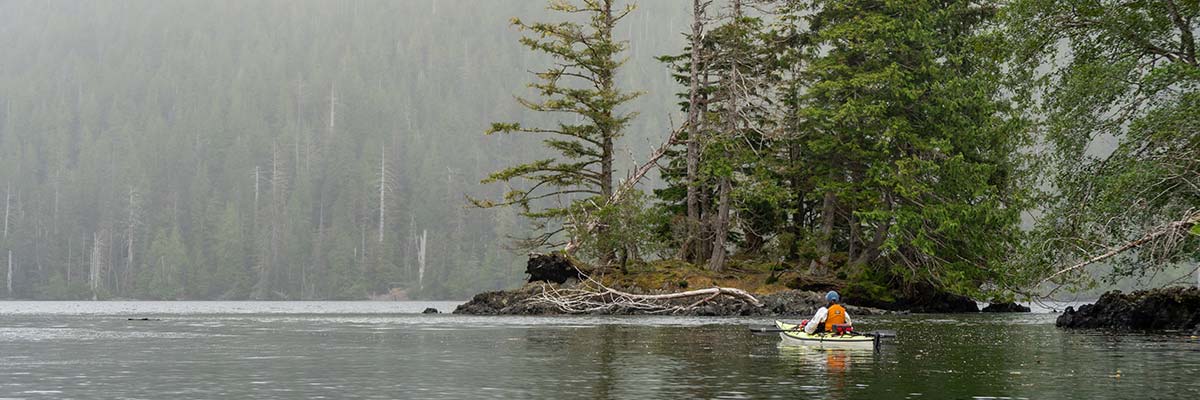
Location : British Columbia.
Photo: Rogier Gruys, Parks Canada
Engagement process
The process of developing regulations involves meaningful and sustained engagement with Indigenous peoples, partners, stakeholders and the public.
Between early April and October 2023, Parks Canada invited comments on a proposal to develop new regulations for NMCAs. The proposal was described in a series of five summary papers. You can continue to stay informed about the process to develop regulations by visiting Let’s Talk NMCAs.
Engagement documents
- What we heard report - Spring 2024
A summary of the feedback received from Indigenous people and the public between April and October, 2023 - Summary Papers - Spring 2023
A summary of the regulatory proposal
- Date modified :
